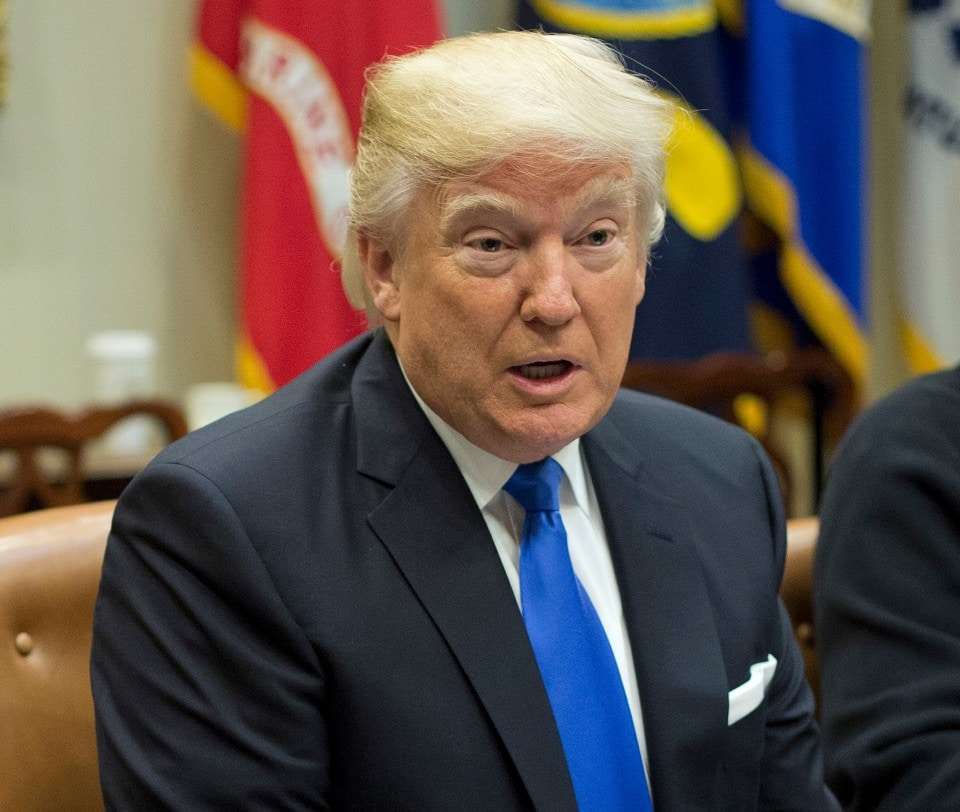The Volokh Conspiracy
Mostly law professors | Sometimes contrarian | Often libertarian | Always independent
No First Amendment problem with the president restricting what executive agencies say in official publications

As this Post article (Juliet Eilperin and Brady Dennis) notes,
Trump administration officials instructed employees at multiple agencies in recent days to cease communicating with the public through news releases, official social media accounts and correspondence, raising concerns that federal employees will be able to convey only information that supports the new president's agenda.
A student asked me whether this violates the First Amendment, and the answer to that is "no," for a simple reason: Official government publications aren't a place where employees are entitled to speak - the publications are the voice of the government, not of individual speakers, and the First Amendment doesn't stop higher-ups from dictating or restricting what viewpoints are expressed there. That clearly flows from the Supreme Court's decision in Garcetti v. Ceballos (2006); and while some argue that the decision is too broad, in allowing punishments for certain kind of government employee whistle-blowing, that decision is very firmly rooted when it comes to control over official government speech.
Now there might be statutes constraining some such presidential action (I don't know about that). Such action might not be within the president's power when it comes to independent agencies (again, I can't speak to that). Such action may often be unwise. There are certainly political constraints on such action. And the First Amendment does in some measure constrain the government from restricting employees' own speech, including on their own Twitter feeds, in op-eds, in scholarly articles and the like. (The rules there are complicated; see this post of mine for more on that, and Ken White (Popehat) also has a good summary.)
But the First Amendment doesn't give subordinates the right to choose what official government speech contains, over the objections of their superiors.


Show Comments (0)